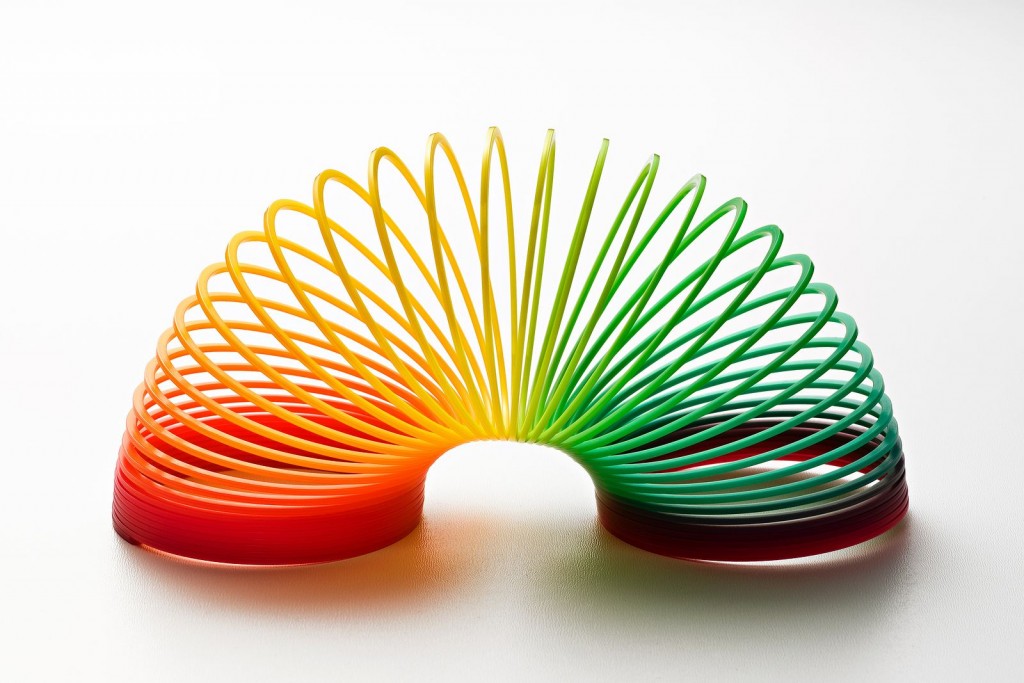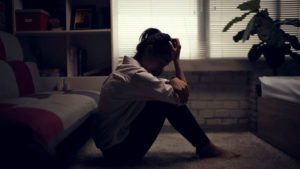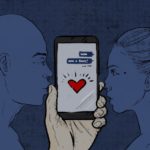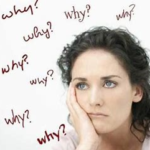Flexible or Inflexible

Flexible or Inflexible
I’m on a campaign against rigid thinking. In almost every human endeavor from science to religion people often fall into familiar patterns that may have worked at one time but now prove to be ineffective.
Think of it this way: when young and healthy, our bodies tend to be flexible and bounce back quickly from illness. Teenagers and young adults can sleep nine, ten, twelve hours at a time, while those of us over fifty are awakened after only five or six hours from a sore back or neck. When I was a boy, I spent half my childhood climbing trees that would terrify me today. What fun it was to spring from the limb into a pool of water or even land on the ground. If I tried that now, I would be in serious trouble.
Summoning the courage to seek help is the first step toward greater flexibility. If rigidity could represent sickness, then movement toward flexibility is a sign of health. Here again, things are rarely “either or.” In other words, no one is 100 % healthy or 100% sick. Consider the following aspects of your life to which this could apply.
- Emotional – One morning when I worked as a therapist in a psychiatric hospital, a patient welcomed me with good news. She said, “Keith, today is the first day in three years that I have not woken up crying!” It is possible to get stuck in an emotion for days, weeks, or even years. Depression, a mood state, takes the color out of life while blunting the ability to interact with others. No wonder depressed people often withdraw from social interaction for that requires a certain amount of emotional flexibility that has temporarily disappeared.
- Behavioral – It is easy to see how Obsessive Compulsive Disorder creates rigid behaviors that interfere with the normal business of life. Great anxiety and worry remain stuck in the mind until the behavior brings relief, at least for a little while. Similarly, this is the same dilemma faced by addicts. The drag on the cigarette, the nightly ritual of vodka or wine, or the excitement of the casino increasingly become the only way to gain solace from the stress of modern life.
- Cognitive – I love the acronym ANTs, which stands for Automatic Negative Thoughts. An obstinate negative bias has formed which continually seeks confirming evidence. Facts which contradict this bias are automatically filtered out. Depressed people often say, “Well, that doesn’t count.” I often think of depression and anxiety as an iron fist that has gripped a person’s mind while creating a kind of paralysis.
- Relational – Finally, relationships are in a constant flux which makes life difficult for the inflexible person. Children grow from toddlers to self-sufficient adults, careers change which can lead to role reversals. Healthy families are able to accommodate and encourage such changes. Dysfunctional families find it more challenging.
The campaign against rigid thinking continues . . .




